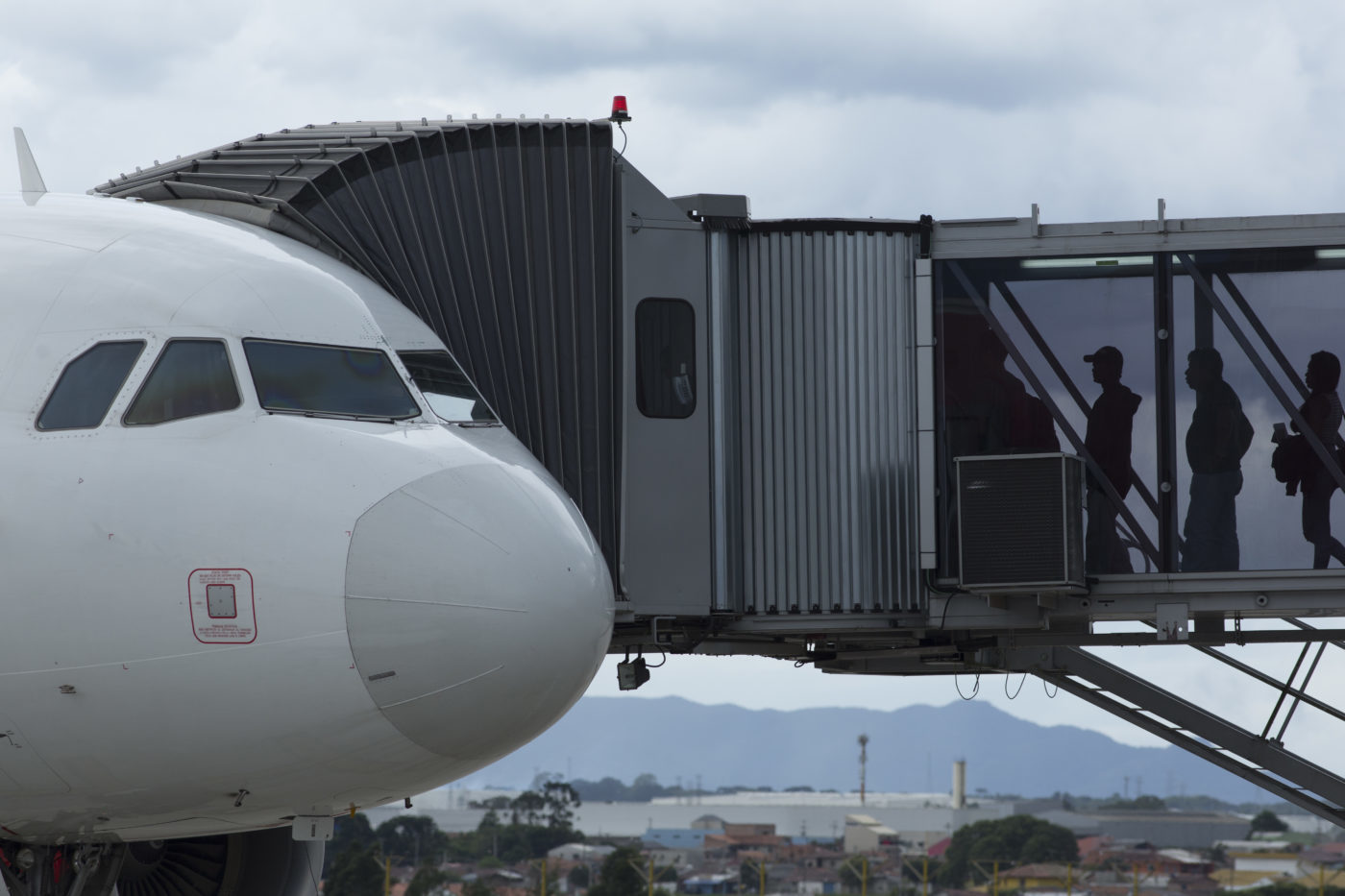Following the rapid growth of civil aviation in Brazil, the government undertook institutional reforms in the sector, with the creation of the National Civil Aviation Agency (ANAC) in 2005, the elaboration of the National Policy for Civil Aviation in 2009, the establishment of the National Secretariat of Civil Aviation (SAC) and the creation of the National Fund of Civil Aviation (FNAC) in March 2011.
Reporting to the Ministry of Transport, Ports and Civil Aviation, the SAC is responsible for carrying out research, formulating and managing policies for the development of civil aviation and airport infrastructure and air navigation. The FNAC has the responsibility to promote investments in the civil aviation sector.
In the face of growing demand in the air transport industry that has doubled in the last ten years with the potential to more than triple in the next 20 years, ensuring the civil aviation sector planning, administration and operations continue to develop is essential to leveraging the development and implementation of sustainable solutions for the sector.
The need for timely improvements and innovations to airport and aeronautical (air navigation) infrastructure in line with the projected air traffic forecasts is a critical challenge today. As well, there is a major requirement for the economic development of the sector in order to be better equipped to respond to the strain on capacity, in particular for populations in hard to reach geographical regions. In this regard, the expansion of the air transport network to these areas is of paramount importance.
In addition, safety, quality of services, passenger facilitation, minimization of impacts on the environment, and the technical and institutional development of the Brazilian air transport system are the other main components of the industry that must be included in the sector’s planning, in order to structure the actions of the governmental organizations and stakeholders involved in the industry.
The preliminary results point to the need for investments of R$ 22 billion by the year 2038 for airport infrastructures, of which R$ 7 billion has already been accounted for from the private sector through concession agreements, and the remaining R$ 15 billion from the National Fund of Civil Aviation (FNAC). These funds will contribute to the expansion of capacity by improving airport infrastructure operated by the Brazilian Airport Infrastructure Company – INFRAERO.
To help tackle these and other challenges, the SAC called upon ICAO’s Technical Cooperation Programme.

TCB involvement in Brazil
ICAO technical cooperation projects began in Brazil with the arrival in 1973 of a preparatory mission aiming to provide financial assistance and to offer technical cooperation. Since then, several highly successful projects have contributed to changing the image of Brazilian civil aviation around the world: moving it from a developing nation in terms of flight safety to a leading country in the air transport industry.
Brazil now has one of the largest civil aviation systems in the world, which is illustrated by its participation as a Member State on ICAO’s Council. In addition, Brazil continues to be a participant in many of ICAO’s Regional Projects for the Latin America region.
The ICAO-SAC project BRA/17/801 is a continuation of the long history of beneficial collaboration between Brazil and ICAO for the implementation of technical cooperation projects with the objective of building capacity in order to enhance Brazil’s aviation system. The project includes the following objectives, which ICAO, through TCB, is supporting the SAC:
- reviewing cargo security policies;
- studying models for air navigation services tariffs;
- enhancing service quality levels at airport terminals;
- developing a methodology for internationalization of airports;
- planning/updating the National Aviation Security policy;
- conducting Performance Based Navigation studies; and
- developing a safety risk assessment for regional airports.
The purpose of this project is to help the SAC develop its technical capacities, through access and incorporation of knowledge, information, experience and best practices in several areas within the civil aviation sector. The project is aimed at enhancing the planning, management, and operation of airport activities in Brazil, in accordance with the institutional competencies established in art. 16 of Annex I of Decree No. 9,000, of March 8, 2017.

INTERNATIONAL EXPERTISE
The project undertook a number of capacity-building initiatives including gap-analysis studies, training, development of policies, programmes and manuals intended to strengthen Brazil’s air transport industry for both passengers and cargo.
The project is still on-going, but already the SAC has seen a number of benefits from the ICAO project. The flexibility offered in configuring and managing the project has enabled SAC to address its needs in an effective manner. Each objective is being implemented as a separate sub-project, with a dedicated international expert working in close collaboration with a national counterpart and his/her team to conduct the planned activities and develop the expected outputs.
While each international expert is assigned to a specific objective, based on his/her area of expertise, these experts are also able to work in a team and consult with each other to generate synergies and develop the best possible recommendations for each objective. Ultimately, Brazil is benefiting from knowledge and experience from international experts who are bringing in new ideas and stimulating novel approaches to tackle the difficult challenges laid out in the project.
TCB’s role in the project was very much appreciated. By providing project management, financial oversight and recruitment of top qualified consultants, TCB has allowed SAC to focus its resources on the technical elements, and optimize the use of its capacity. Moreover, TCB has proven itself very flexible and accommodating; facilitating the overall coordination and implementation of the project.
In short, SAC’s first experience with ICAO/TCB in implementing a technical cooperation project has been very positive, and it is expected that other projects will be developed and implemented in partnership with TCB to arrive at the same great outcomes.
About the Author
Darío Rais Lopes is an aeronautical engineer with the Technological Institute of Aeronautics (ITA). He holds a Masters of Engineering from ITA and a PhD in Transportation Engineering from the Polytechnic School of the University of São Paulo. He is a senior executive with over 35 years of experience in transportation planning, design, consulting, implementation, operation and infrastructure management and services for the private and public sector in various companies and organizations. He currently holds the position of National Secretary of Civil Aviation, of the Ministry of Transport, Ports and Civil Aviation of Brazil.
